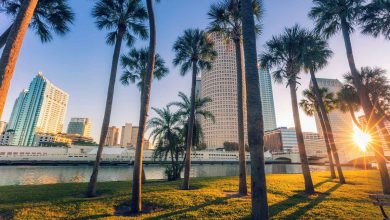Most Stolen Cars in the U.S. (2022–2024): Camaro ZL1 Tops the List
New U.S. report reveals the top stolen vehicles, with muscle cars, luxury SUVs, and pickup trucks dominating the rankings.

A recent report by the Highway Loss Data Institute (HLDI), part of the Insurance Institute for Highway Safety in the United States, revealed a list of the most stolen cars among 2022–2024 models, based on insurance claims for total vehicle theft.
The Chevrolet Camaro ZL1 topped the list, with a theft rate 39 times higher than the average—a large gap attributed to its powerful engine, high appeal among sports cars, and a technical vulnerability that allowed thieves to clone its electronic key signal through an internal port.
The Los Angeles Police Department had previously warned about small devices, roughly the size of a phone, capable of capturing and copying a key’s signal simply by being near it. They advised owners to store their keys in protective cases or wrap them in aluminum foil. Some owners also have access to a software update to fix the flaw.
Most Stolen Vehicles in the U.S. Include Chevrolet Silverado, Range Rover, and Mercedes S-Class
The Acura TLX AWD ranked second, with a theft rate 21 times higher than average, followed by the regular Camaro, GMC Sierra and Chevrolet Silverado trucks, as well as luxury models like the Range Rover, Mercedes S-Class, and Cadillac Escalade.
According to the institute, the list was compiled by comparing the total theft claim rates for the full value of vehicles against the payouts insurers make when vehicles are written off after accidents. It noted that claim data does not always differentiate between the theft of the whole vehicle or parts of it.
Earlier this year, the National Insurance Crime Bureau (NICB) released its own list of the most stolen vehicles regardless of model year, topped by the Hyundai Elantra and Hyundai Sonata, followed by the Chevrolet Silverado 1500, Honda Accord, and Kia Optima.



